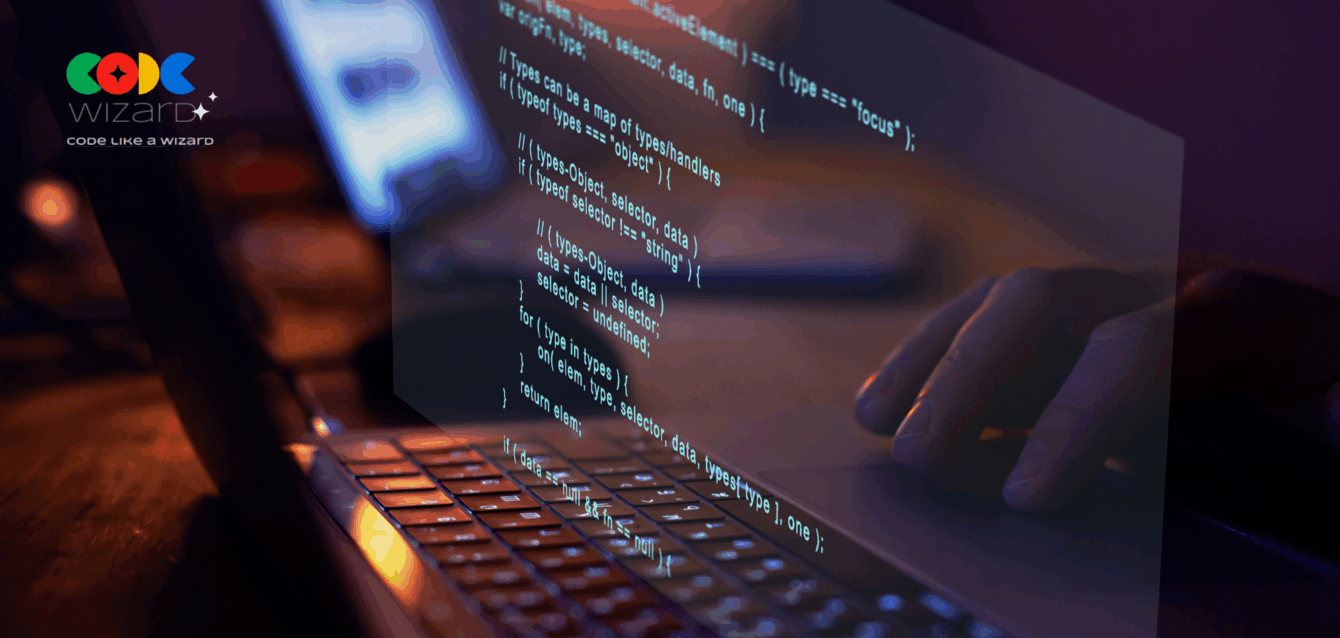Still Struggling with Manual Medical Coding Errors?
Manual medical coding is time-consuming, error-prone, and frustrating for healthcare providers and billing teams alike. Worse, small mistakes can lead to claim rejections, delayed reimbursements, and compliance issues. But what if coding was not only faster but smarter?
Thanks to artificial intelligence, healthcare coding is getting a major upgrade. This blog explores how AI is improving the speed, accuracy, and reliability of medical coding within modern healthcare systems and what it means for your hospital or clinic.
What is Medical Coding in Healthcare?
Medical coding translates patient treatments, diagnoses, and services into standardized codes used for analytics, billing, and insurance. These include:
- ICD-10 (Diagnosis Codes)
- CPT (Procedure Codes)
- HCPCS (Medicare Codes)
Traditionally, coders must review physician notes and match them with the right codes—a process that’s often repetitive and prone to human error.
How AI Is Enhancing Medical Coding
1. Automated Code Suggestions
AI reads clinical documentation completely and suggests codes in real time. For example, it can analyze a doctor’s note and flag the most relevant ICD-10 or CPT codes automatically.
2. Natural Language Processing (NLP)
Using NLP, AI can understand complex, unstructured clinical language, making it easier to code from free-text physician notes, radiology reports, or discharge summaries.
3. Error Detection & Compliance Checks
AI medical software can flag potential mismatches or non-compliant entries, helping avoid insurance denials and penalties.
4. Faster Turnaround Time
AI coding reduces the time taken per chart dramatically, boosting productivity and reducing backlogs for billing teams.
Benefits for Healthcare Providers
For Hospitals and Clinics:
- Accelerates claims processing and cash flow
- Reduces administrative workload
- Minimizes billing rejections and audit risks
- Frees up coders to focus on complex cases
For Patients:
- More accurate billing
- Faster invoice processing
- Fewer disputes or overcharges
Certainly, AI improves patient satisfaction while also protecting provider revenue.
Where AI Coding Fits in the Healthcare Ecosystem
AI-driven coding tools are typically integrated into:
- Hospital Management Systems (HMS)
- Healthcare CRM Platforms
- Medical Billing Software
- Electronic Health Records (EHRs)
These integrations allow data to flow seamlessly from patient entry to insurance submission—all while AI handles the heavy lifting.
Key Technologies Behind AI Medical Coding
- NLP (Natural Language Processing)
- OCR (Optical Character Recognition) for scanning hand-written notes
- ML (Machine Learning) models trained on thousands of real medical records
- HL7 / FHIR protocols to integrate with existing hospital systems
Above all, these technologies allow AI to continuously improve as it learns from past cases and decisions.
What About Security and Compliance?
Certainly, compliance is a top priority. Leading AI coding systems are:
- HIPAA compliant
- Auditable with logs and suggestions
- Built with secure encryption for patient data
- Integrated with role-based access control in hospital software
Use Cases: Who Can Benefit?
- Multi-specialty hospitals with high volumes of coding
- Telehealth platforms needing automated charting
- Private clinics looking to cut admin costs
- Medical billing companies seeking scalability
- Pharmacies requiring fast script-to-code workflows
Real Results with AI Medical Coding
Benefit | Manual Coding | AI-Powered Coding |
Avg. Time per Chart | 15–20 minutes | 2–5 minutes |
Error Rate | 8–15% | <2% |
Compliance Monitoring | Manual spot-checks | Real-time, automated |
Reimbursement Speed | Days to weeks | Often within 24–48 hours |
FAQ
1: What is AI-powered medical coding?
It’s the use of artificial intelligence to automatically generate or assist in assigning medical billing codes based on clinical documentation.
2: How does AI ensure coding compliance?
AI systems follow compliance rules and flag non-standard or mismatched codes, reducing audit risks and insurance denials.
3: Is AI medical coding suitable for small clinics?
Yes, it reduces manual workload and improves billing accuracy—even for smaller practices with limited staff.
4: Can AI integrate with my existing hospital management system?
Absolutely. Most systems support HL7 or FHIR standards, allowing AI to sync with existing EHRs and billing tools.
5: Does AI replace human medical coders?
No—it enhances their work. AI handles repetitive tasks while human coders focus on complex or unusual cases.
Final Thoughts
Medical coding doesn’t have to be a bottleneck. With AI, healthcare providers can speed up billing, reduce errors, and improve compliance, without adding headcount.
👉 Want to see how AI-powered medical coding can streamline your operations?
Visit healthcare.code-wizard.ai and contact us today.







